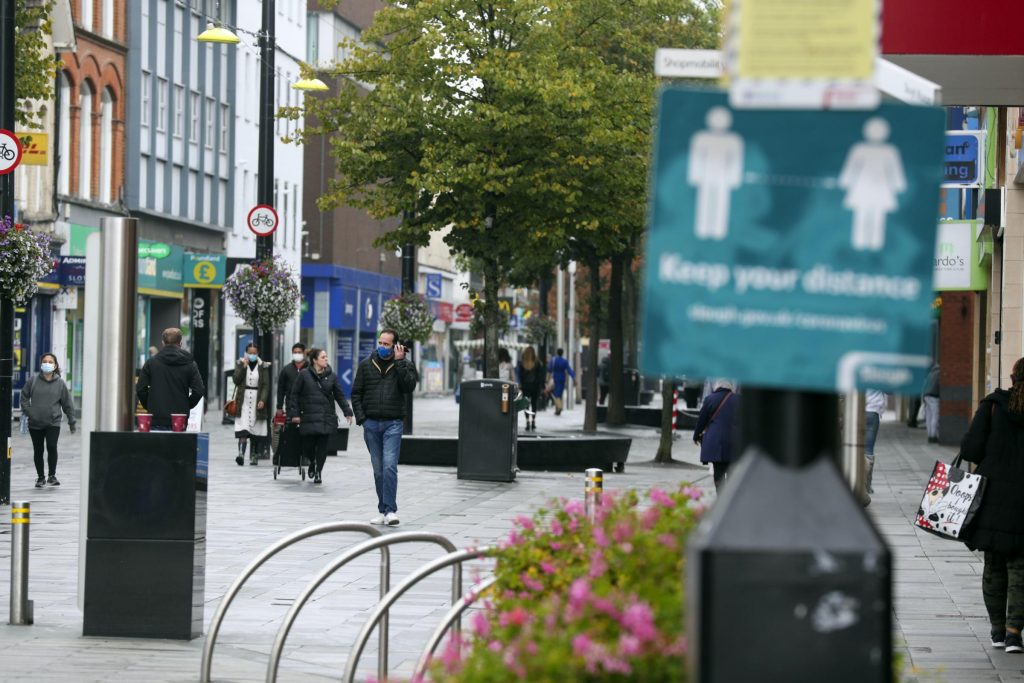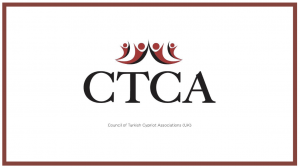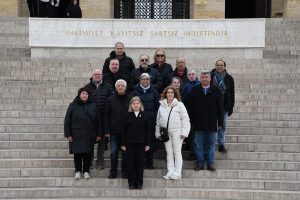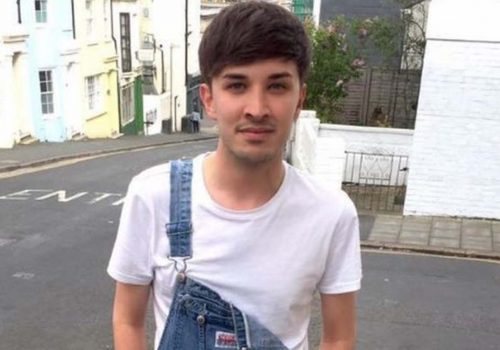Stoke, Coventry and Slough face tighter restrictions in tier 2

Stoke-on-Trent, Coventry and Slough are to move into tier two restrictions on Saturday, the government has announced.
Health Secretary Matt Hancock said in all of these areas the infection rate was over 100 per 100,000 people.
Mr Hancock also said discussions were under way over moving Warrington into the highest level of restrictions.
It comes as a minister said people should inform themselves about which rules apply to their area amid complaints the system is confusing.
Mr Hancock told the House of Commons the new restrictions would come into force in Stoke-on-Trent, Coventry and Slough on 00:01 on Saturday.
Stoke-on-Trent City Council had asked Mr Hancock for the area to be placed into “high” tier two restrictions amid a rise in infection rates.
Under the high alert level, there is a ban on households mixing indoors, including in pubs and restaurants, and people are encouraged to reduce their use of public transport.
Mr Hancock said cases in the areas moving into tier two were doubling around every fortnight – “and we’re seeing a concerning increase of cases among the over-60s”.
Speaking about Warrington, he said: “We will formally start the talks and I hope that we can reach an agreement and a resolution soon.”
‘Individual duty’
Earlier, the minister for crime and policing, Kit Malthouse, said England’s three alert categories involves some “complexity” and recommended people go online to look up the measures.
He said everyone has an “individual duty towards” collective public health.
Police have said the new system makes the rules harder to enforce.
Mr Malthouse told BBC Breakfast that most people were complying and the number of fines issued by police was “tiny”.
However, he said officers were enforcing the rules where there are people “taking the mickey” – particularly those holding unlicensed music events.
“There’s plenty of information out there on the internet where people can go and inform themselves about what the regulations are in their area and that fundamentally is what we would recommend everybody has to do,” he said.
“We all need to recognise we have an individual duty towards our collective health and that means informing ourselves about what the regulations are in our area and complying with the rules.”
Ian Hopkins, Chief Constable of Greater Manchester Police, told BBC Radio Manchester that officers are still called to around 400 house parties a week – but do not want to give out fines for breaches of coronavirus rules.
He said crime was back at levels last seen before the pandemic.








